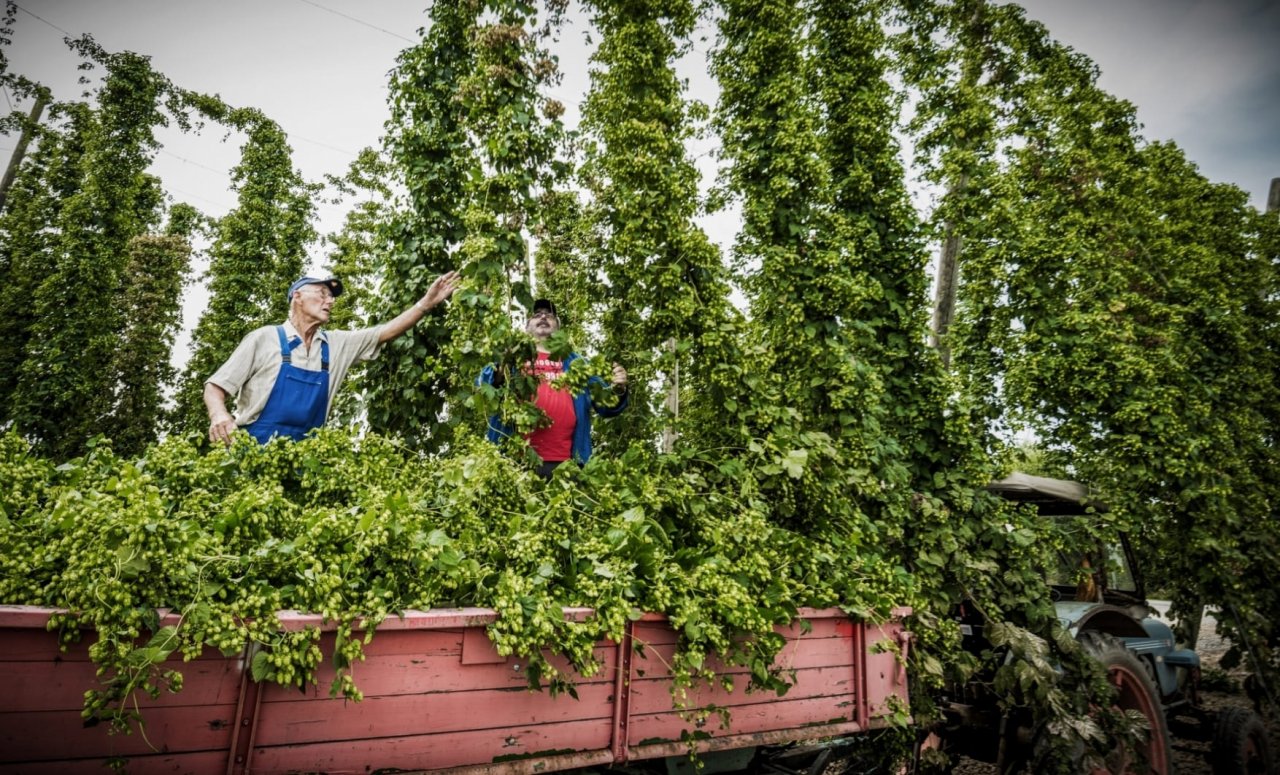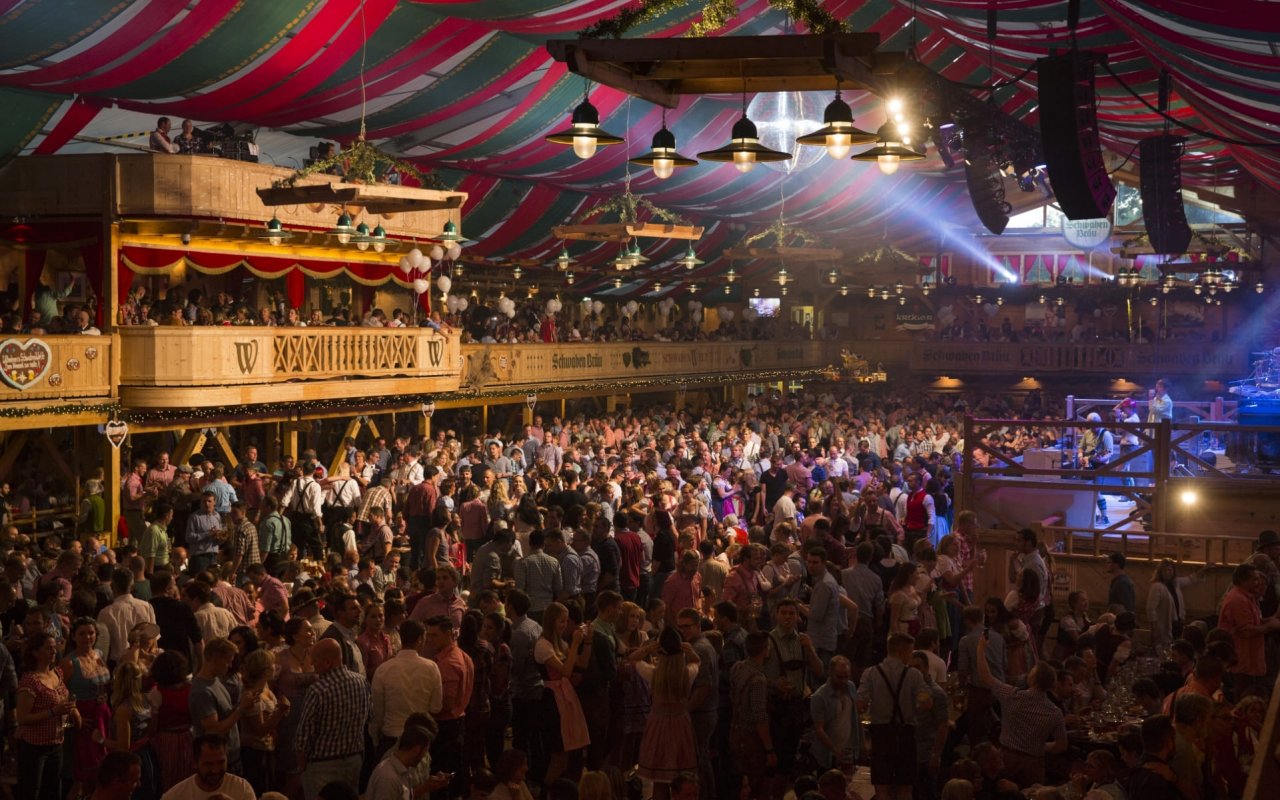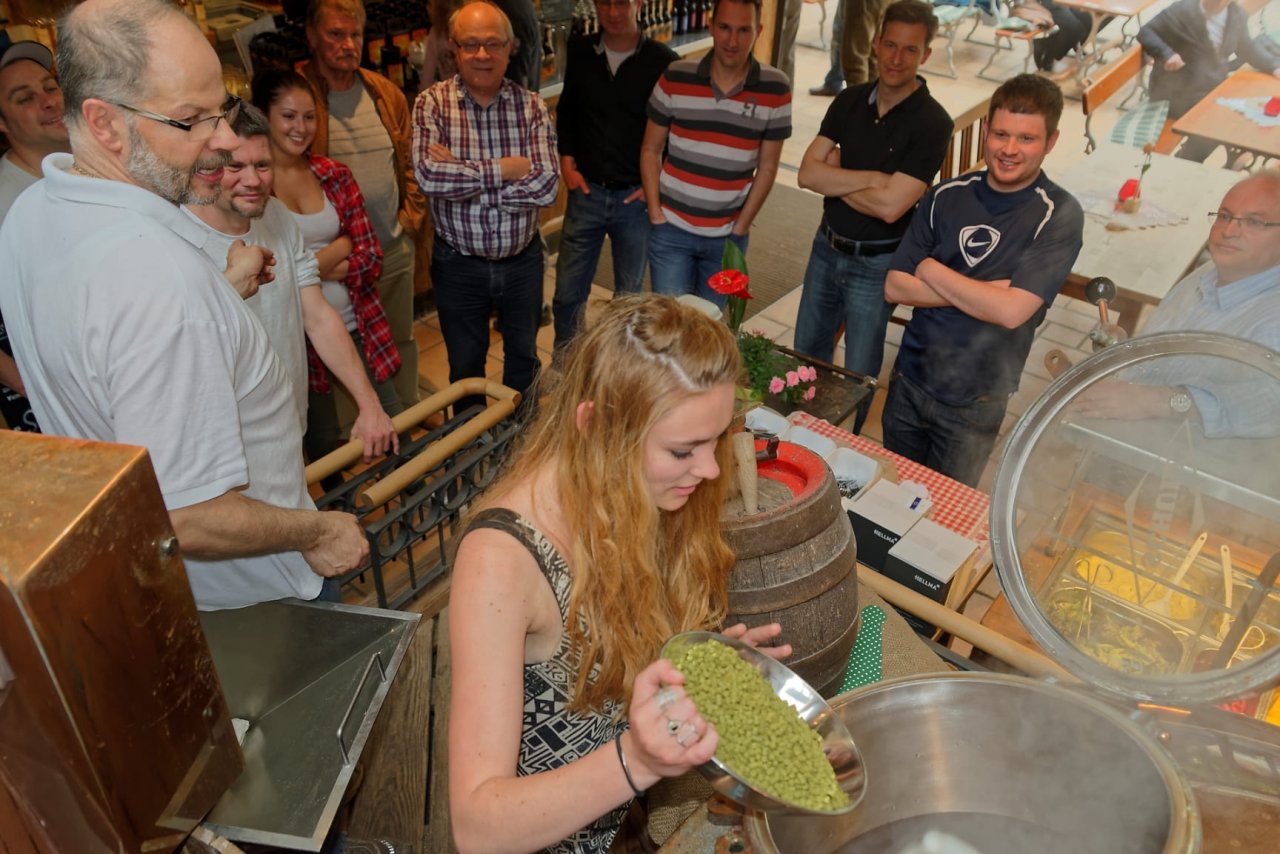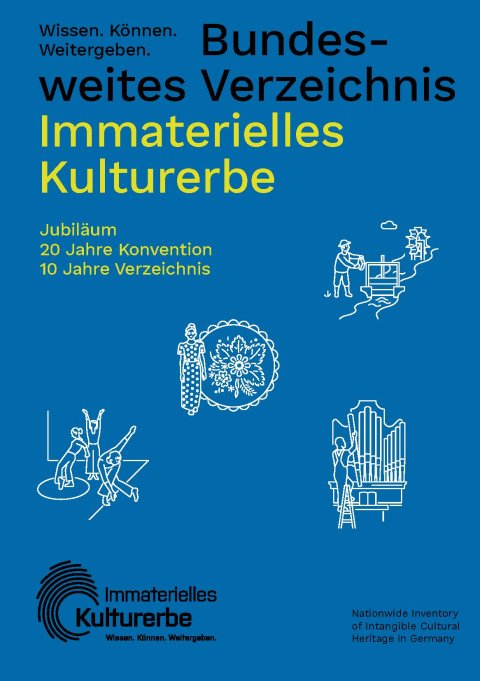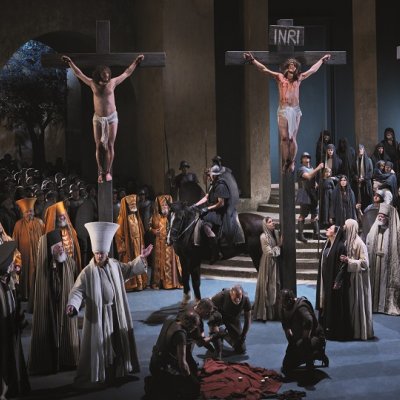Nationwide Inventory of Intangible Cultural Heritage
Craft Beer Brewing
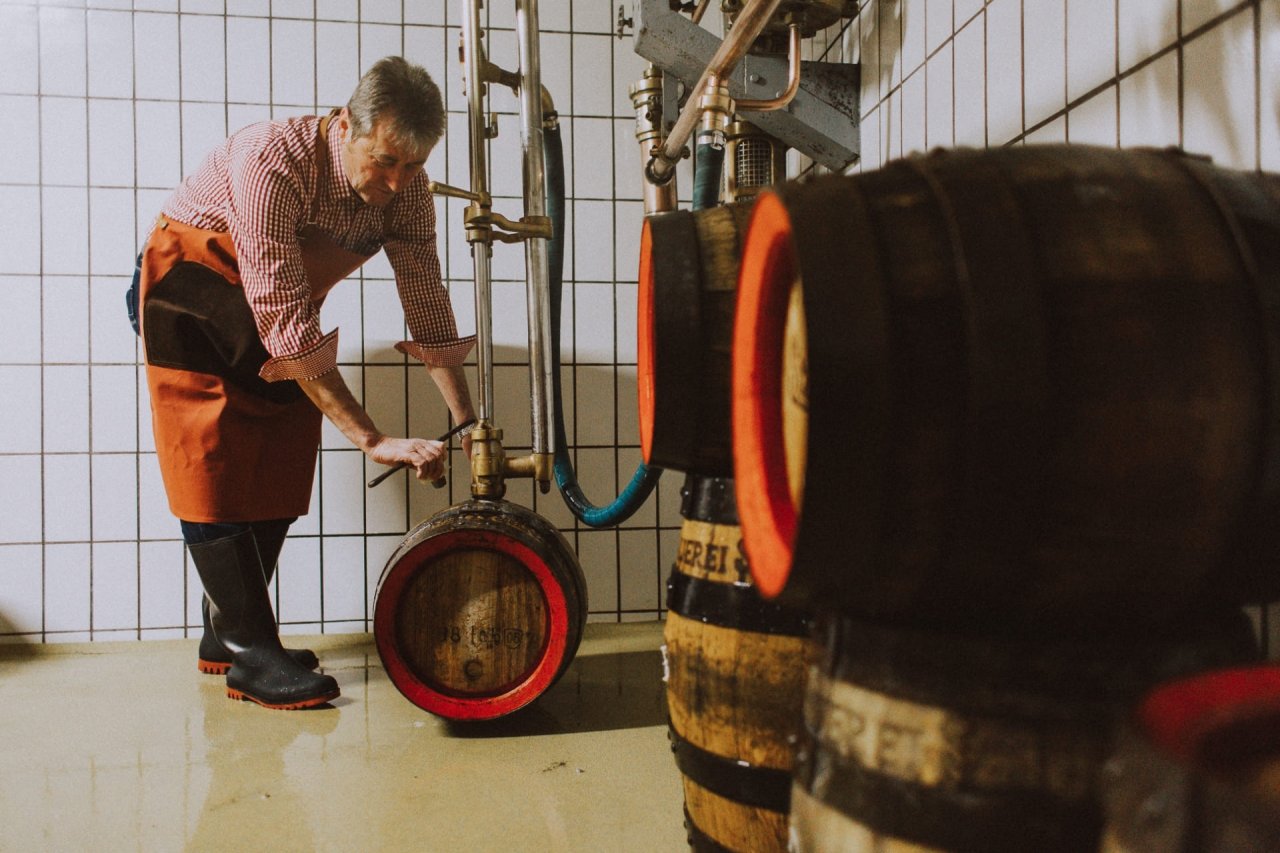
The traditional craft of brewing beer is very adaptable. Newly founded breweries rely on old traditions and use it to develop new recipes. Above all, the regional roots of brewing lead to close ties between people, which are further strengthened by communal rituals such as festivals, regulars' tables and clubs.

Facts & Figures
Crucial date: all seasons
Inscription: 2020
Domains: traditional craftsmanship
Where to find: nationwide (also abroad)
Contact
Baden-Württembergischer Brauerbund e.V.
Hans-Walter Janitz
@email
www.deutsches-brauhandwerk.de
In Germany, beer has been produced in an artisanal tradition from the four raw materials, water, malt, hops and yeast. While beer production in the Ancient World and the early Middle Ages was largely left to coincidence, a complex production method based on experience developed in monasteries around 650 AD: The art and craft of beer brewing. To this day, the skill of the brewers as well as their experiences still matter.
Beer brewing is often technically more complex and demanding, if breweries refuse to use artificial additives. German breweries usually rely on the principle of the German Purity Law, which for many has an identity-forming and unifying effect. The law states that beer is only to be made from water, malt and hops and to be fermented with yeast.
In order to learn the special processes and the craft of classic German beer types, numerous apprentices and students come to Germany every year and gather the knowledge and experience they need in workshops and universities. These also ensure a lively transnational exchange of knowledge, which is enriched by a growing home brewing scene and the sommelier movement.
The sustainable actions of the Craft Beer Brewing - the active exchange, the joy of experimentation and the special regionalism - have produced an enormous variety of beer types and brewing sites in Germany, which characterise the country, its culture and its festivals. Since 2000, the number of breweries has increased by 260 from 1,279 to 1,539 (2018). These are mainly family-run, small- or micro-breweries.
